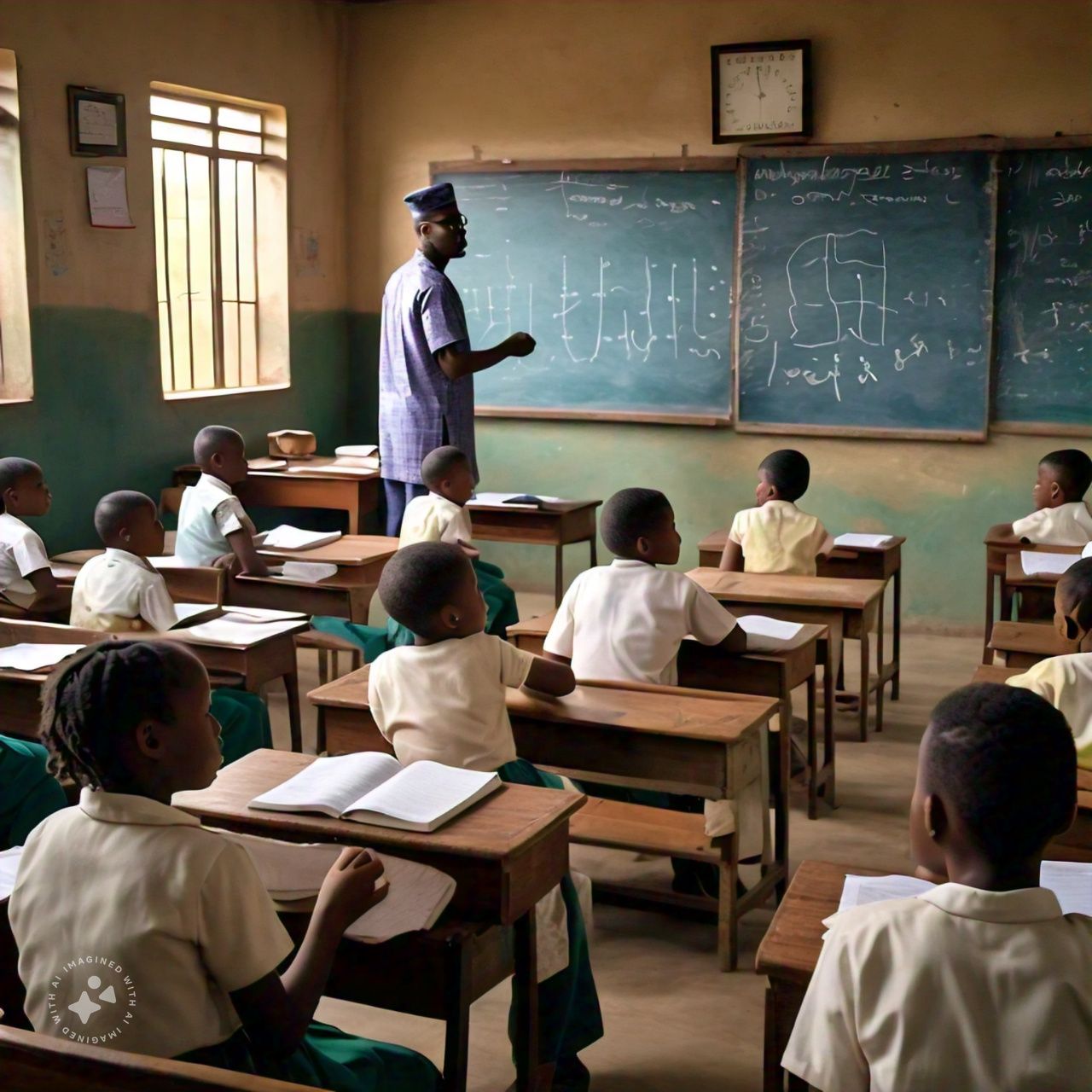To many people, especially those who are stakeholders in the educational sector in Nigeria; there's the belief that Nigeria's educational system appears to have been stuck in the dark ages. The chalk and board traditional system that formed the basis of our teaching-learning process in the country appears to be one that is difficult to let go off.
This situation is made even more particularly difficult when you realise that those who are today in charge of policy making and implementation in the sector are those who haven't been able to fully understand nor embrace the place and benefits of modern technology in education. Thus, we have more naysayers and skeptics of modern teaching methods making decisions about what systems the country should continue to apply in educating our children.
Yes, traditional teaching methods may be limiting educational advancements in Nigeria's educational system. Traditional methods, often focused on rote memorization, teacher-centered instruction, and standardized testing, may not fully equip students with the skills needed in today's knowledge-driven, globalized world. Here are some specific ways traditional methods may be restrictive:
Limited Critical Thinking and Problem-Solving Skills: Traditional approaches often emphasize memorization over understanding, which can stifle creativity, critical thinking, and the ability to solve real-world problems. Modern education trends encourage skills like analysis, application, and synthesis, which are vital for today’s workforce.
Low Student Engagement: Teacher-centered instruction limits active student participation and engagement. In classrooms where teachers primarily lecture, students have limited opportunities to ask questions, collaborate, or take responsibility for their learning, which can lead to lower retention and interest in subjects.
Lack of Technological Integration: With limited integration of digital tools, traditional methods may not prepare students for the demands of a digital economy. Integrating technology in the classroom can foster collaboration, expose students to a wealth of online resources, and develop digital literacy skills that are crucial in modern workplaces.
Inequality and Access Issues: In a diverse country like Nigeria, relying solely on traditional methods can increase educational inequality. Rural and underserved areas may lack the resources needed to keep up, widening the gap in educational outcomes.
Inadequate Skill Preparation for the Job Market: The Nigerian job market increasingly requires skills that are best developed through interactive, hands-on, and inquiry-based learning, rather than rote learning. Skills like teamwork, adaptability, and digital literacy are essential for young professionals but are often overlooked in traditional teaching.
Teacher Overload and Resource Constraints: In many Nigerian schools, particularly in public institutions, teachers face large class sizes and lack adequate teaching materials. This makes it challenging to implement effective, interactive teaching methods. Teachers may resort to traditional lectures and notes, limiting innovation and personalized teaching approaches.
While traditional methods have been useful in some contexts, there is a growing need to complement them with learner-centered, technology-supported, and skills-based approaches to better meet the needs of students and align with global educational trends.
Eguaogie Eghosa
